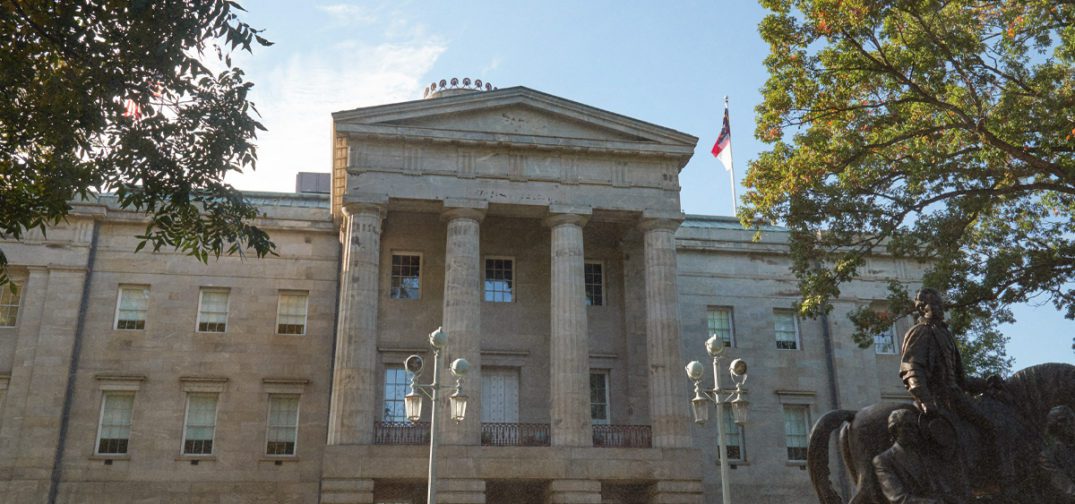North Carolina Gov. Roy Cooper (D) last week signed the bill to make permanent the state’s hemp program, just one day before the pilot program was set to expire. Had lawmakers not approved a measure prior to June 30, the pilot program would have sunset July 1 and effectively re-criminalized hemp production and sales of hemp products in the state.
“Agriculture is North Carolina’s largest industry and giving North Carolina farmers certainty that they can continue to participate in this growing market is the right thing to do for rural communities and our economy.” — Cooper in a statement
The bill signed by Cooper permanently exempts hemp from the state’s controlled substances law. The hemp program was first approved as a pilot program in 2015. Since then, the state has licensed more than 1,500 farmers to grow hemp. North Carolina’s hemp program is currently operated by the U.S. Department of Agriculture (USDA) under provisions of the federal 2018 Farm Bill.
Blaker Butler, executive director of the Southeast Hemp Association, told WFMY News that the bill could mean new opportunities for the hemp industry and that several southeast states, including North Carolina, South Carolina, and Georgia, “are starting to reimagine the textile belt” as the hemp industry normalizes.
“I’d like to see a three-year contract where a farmer could really grow a field of fiber and send it off for process and plant that next seed,” Butler said in an interview with WFMY. “I’d like to see us build up that agricultural supply chain like it’s been done in sweet potatoes and tobacco and other places. So that’s really the goal is to start diversifying and be very very smart, when we do, to make sure the money is there to compensate the farmer.”
Get daily cannabis business news updates. Subscribe
End
